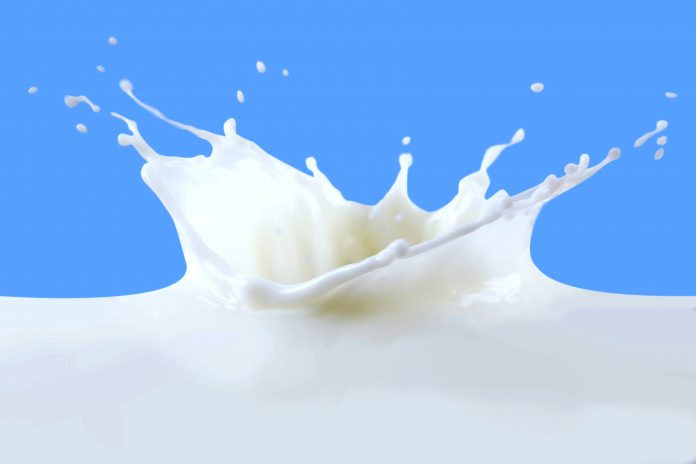The PML-N-led coalition government has introduced a significant tax burden of over Rs250 billion on milk consumers by proposing an 18% general sales tax (GST) on every litre of packaged milk sold in Pakistan. This move comes despite the country’s high child stunting rate of 40%, raising concerns about its impact on nutrition.
Currently, packaged milk makes up a small portion of total milk consumption in Pakistan. Consequently, the government expects to collect only Rs75 billion from this tax, while the remaining Rs175 billion will benefit milkmen. Malik Amjad Zubair Tiwana, Chairman of the Federal Board of Revenue (FBR), confirmed that the 18% GST will generate Rs75 billion in the next fiscal year, equivalent to the budget allocation for parliamentarians’ schemes.
According to the Pakistan Dairy Association (PDA), which represents branded milk producers, the new tax could increase the price of packaged milk by Rs50-70 per litre. Additionally, milkmen could raise their prices by at least Rs30 per litre, forcing consumers to pay an extra Rs250 billion for both packaged and loose milk.
With the formal sector accounting for only 8% of total milk sales in Pakistan, the new taxation will push branded milk prices to at least Rs340 per litre starting July 1. This price hike may drive consumers towards cheaper loose milk, which will still be Rs100 per litre less expensive than packaged milk, even after the price increase.
Finance Minister Muhammad Aurangzeb argued that middle and upper-middle-income groups, who primarily consume packaged milk, can afford the 18% GST. However, following the budget announcement, the National Electric Power Regulatory Authority (NEPRA) increased electricity prices by Rs5.72 per unit, adding a Rs570 billion burden on households.
The government has also imposed an 18% tax on animal fodder and poultry feed, which will likely increase the prices of meat, milk, and chicken from July. Although the finance minister pledged to tax “holy cows,” the budget primarily targets actual cows and buffaloes, sparing major industries.
Exporters, the only significant sector taxed in the budget, are pressuring the government to withdraw the income tax and reinstate a fixed income tax at a higher rate.
The PDA has criticized the 18% GST, calling it a disaster for public health, farmers’ livelihoods, formalizing the loose milk supply chain, investment in the sector, and controlling food inflation. The association emphasized that milk is a crucial part of the human diet, essential for addressing malnutrition and nutrient deficiencies. Despite being one of the highest milk-consuming nations, Pakistan faces severe malnutrition issues, with stunting at 40%, wasting at 18%, and underweight rates at 29%.
Scientific studies from leading institutions and food authorities indicate that a significant portion of loose milk is adulterated and contaminated, with nearly half deemed unsafe for human consumption. Globally, over 90% of milk is consumed as packaged milk, while in Pakistan, over 90% of milk consumers rely on loose milk.
The PDA advocates for the formal milk supply chain, highlighting its benefits for farmers, the economy, consumers, and the government. The industry supports fair taxation, recommending income tax over GST for packaged milk to avoid disadvantaging the taxed formal sector against untaxed loose milk.
The association fears that the proposed GST could reduce sales volume by 75%, harm profitability, and deprive farmers of Rs23 billion in procurement due to decreased demand. It argues that removing the sales tax would promote the formal sector’s growth, increase income tax revenues, and provide consumers with safer milk options.




